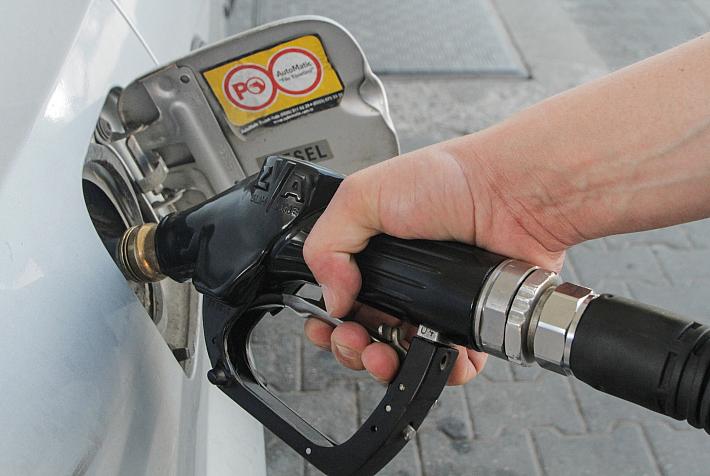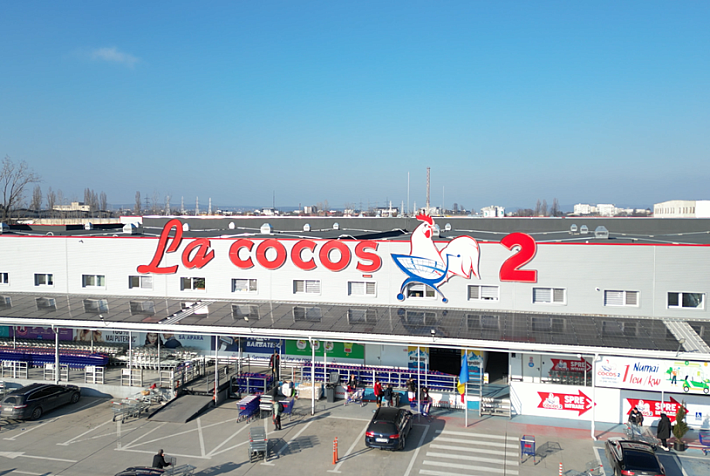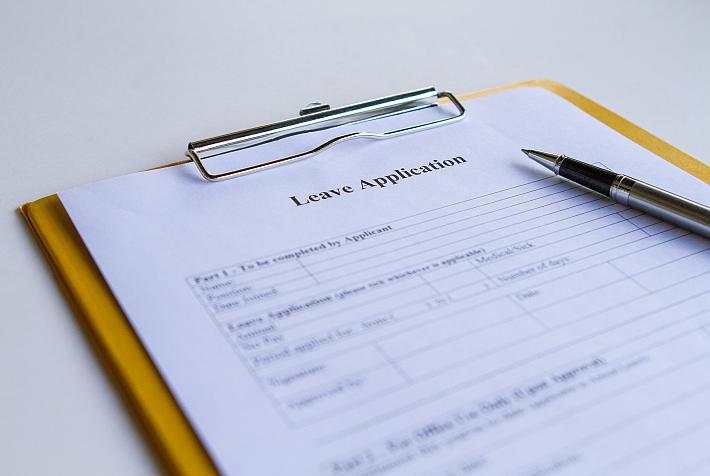Only 1 percent of trash recycled places Romania at bottom of EU league again
 Romania's municipal waste is almost entirely landfilled and only 1 percent is recycled, while less than half of EU's municipal waste goes to the landfill, according to a recent report on the disposal of municipal waste across the union in 2010. The EU report bemoans the nearly 40 percent of refuse still disposed of in landfill sites on average, but in Romania a shameful 99 percent of municipal garbage is stuck in a big hole in the ground. Only 1 percent of waste was recycled in 2010.
Romania's municipal waste is almost entirely landfilled and only 1 percent is recycled, while less than half of EU's municipal waste goes to the landfill, according to a recent report on the disposal of municipal waste across the union in 2010. The EU report bemoans the nearly 40 percent of refuse still disposed of in landfill sites on average, but in Romania a shameful 99 percent of municipal garbage is stuck in a big hole in the ground. Only 1 percent of waste was recycled in 2010.
Romania ranks better on the amount of municipal waste per person, with under 400 kg of waster per person in 2010, below the EU average of 502 kg. Of this amount, Romania treats 294 kg of waste per person. Cyprus, with 760 kg per person, had the highest amount of waste generated in 2010.
Romania has made some timid steps towards better waste recycling, with initiatives coming from both private and public sectors. The European Bank for Reconstruction and Development (EBRD) will invest EUR 6.8 million in Green Group, an integrated recycling park in Romania. Global Finance’s South East Europe Fund (SEEF) will also contribute EUR 16.7 million to the project. Bucharest’s City Council plans mandatory selective recycling and waste collection in the Romanian capital city.
In the EU, 38 percent of the municipal waste was landfilled in 2010, 22 percent incinerated, 25 percent recycled and 15 percent composted. Bulgaria was the EU’s worst for waste with 100 percent of municipal waste in the country going to landfill. Latvia and Lithuania also sent more than 90 percent of waste to landfill sites, while Greece, Cyprus, Malta and Slovakia sent 80 percent plus. Overall, the Central and Eastern European new member states performed worse for recycling. Slovenia was the best of the bunch – 58 percent of waste sent to landfill and 39 percent recycled. Generally the 'newer' new members performed worse and 'older' new member states, such as Poland, the Czech Republic and Slovenia, performed better.
At the other end of the scale the EU’s recycling stars were Belgium and Germany, where 40 and 45 percent of municipal waste was recycled. Germany and the Netherlands sent no municipal waste to landfill sites. None, 0 percent! Sweden, Belgium and Austria put just 1 percent in landfill and Denmark only 3 percent. With the exception of Luxembourg, the rest of the EU 27 used landfill to dispose of more than 30 percent of municipal waste. The UK’s results are particularly bad — nearly 50 percent landfilled.
In fall last year, the European Commission (EC) said it would take measures against Romania and Belgium, which didn’t respect the 2010 deadline for including provisions of the EU framework-directive on waste into its national legal framework. The two countries had two months to solve the problem.
Municipal waste consists to a large extent of waste generated by households, but may also include similar wastes generated by small businesses and public institutions and collected by the municipality.
Liam Lever, liam@romania-insider.com












